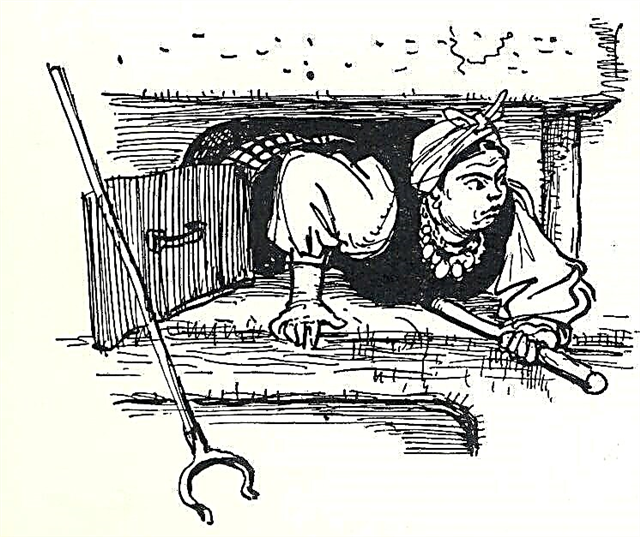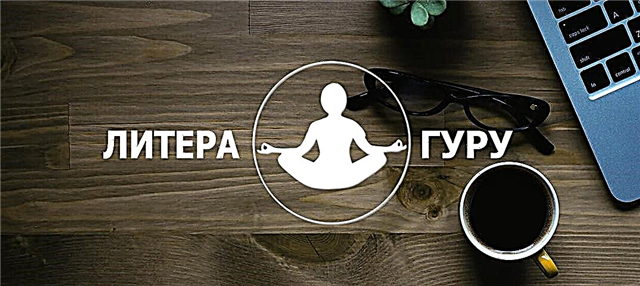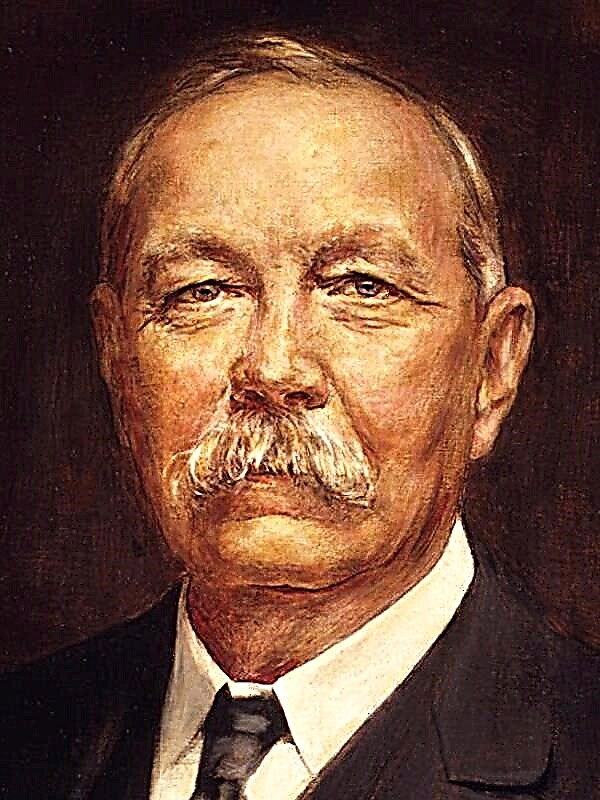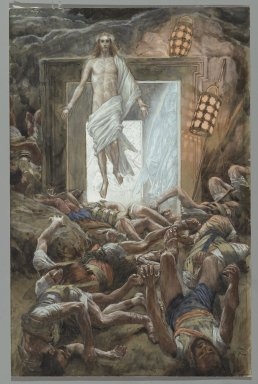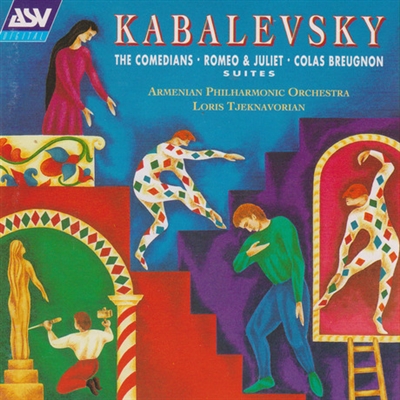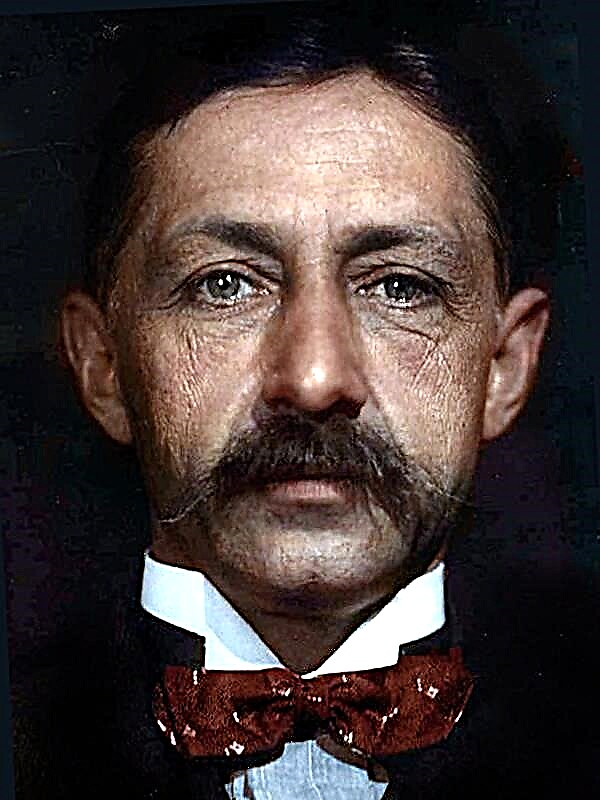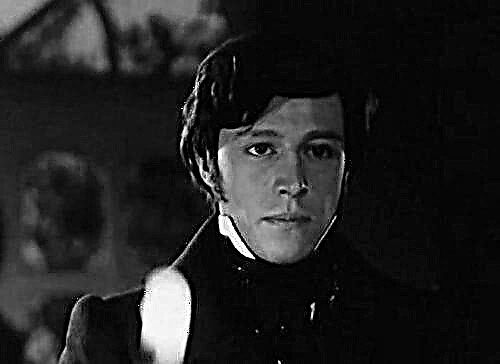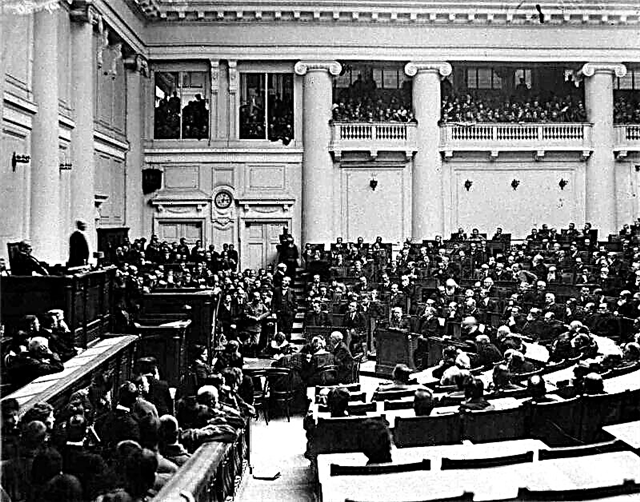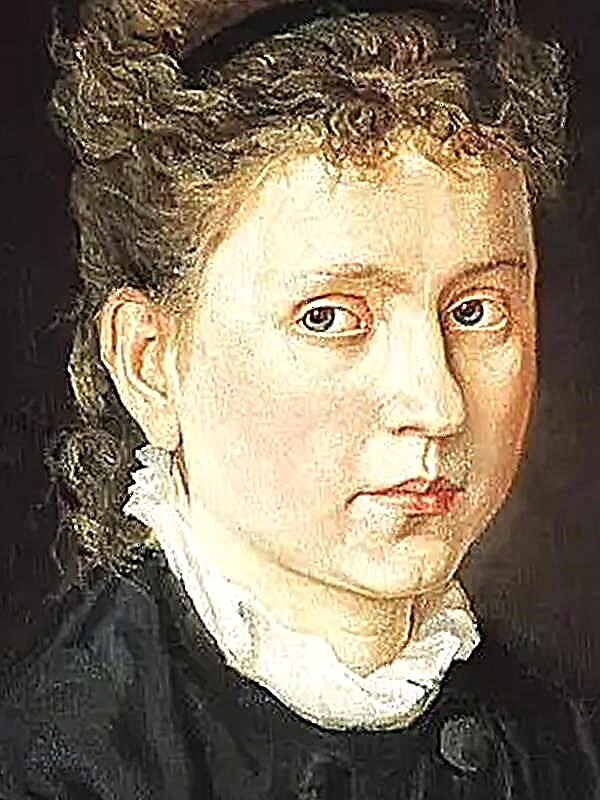Shkid or Shkida - so "detective" pupils have reduced the name of their educational institution - Dostoevsky School of Social and Labor Education. Shkida arose in 1920 in Petrograd. Its founders were Viktor Nikolaevich Sorokin-Vikniksoor and his wife Ella Andreevna Lumberg, a German language teacher, later known as Elanlum.
Pupils were homeless children who fell into school from prisons or distribution centers. So, one of the first skkidts of the Ring of Thunderbolts, nicknamed the Gypsies, came from the Alexander Nevsky Lavra, which contained the most inveterate juvenile thieves and criminals. He immediately became the leader of a small team, with a grin perceiving the innovations of the head school: Vikniksor dreams of turning Shkida into a small republic with his anthem and coat of arms - a sunflower reaching for the light. Soon, Grishka Chernykh arrives at school, an intelligent and well-read boy who abandoned his studies for books and eventually ended up in a children's labor colony, and from there to Shkida, where Gypsy christened him to Yankel. After a week of staying in Shkida, Grishka demonstrates his remarkable abilities, along with Gypsy, having stolen tobacco from the housekeeper, but for the first time, Vikniksor forgives the guilty. Gradually new pupils come, among them the one-eyed Mommy and the Japanese - a German language expert, smart and developed buzil. Soon he gained undeniable authority, writing together with Yankel and Vikniksorom Shkidsky anthem.
Wiknicksor distributes all students into four classes - departments, but the staff of teachers - in Shkid Chaldeans - cannot be formed for a long time: some applicants can not cope with violent students, while others, without pedagogical experience, try to somehow settle in hungry Petrograd . Fighting for one such “teacher,” Yankel, Japoshka, Gypsy, and Vorobey are raising the masses to fight the Chaldeans, and soon two teachers will come, whom Shkida will fall in love with, Alnikpop and Kostalmed.
Alarmed by the riots, Vikniksoor decides to introduce self-government: on duty and wardens are elected by class, kitchen and wardrobe for a period of two weeks to a month. The headman in the kitchen is Yankel; for the unrecoverable, an insulator is introduced.
Soon after these innovations, Slayenov, “the great moneylender” of Shkida, comes: he begins to speculate with bread, feeding his elders, creates a powerful guard for himself, and soon the whole school, with the exception of Yankel, becomes dependent on him. Every day, receiving almost the entire bread ration, Slayenov starts slaves who fulfill all his whims. Meanwhile, discontent is ripening - in the kitchen of Yankel, Mom and Gog discuss the fight plan. However, Slaenov is preempting them - the defeat of the opposition begins with Yankel, whom Slaenov manages to beat in point on a two-thousand-strong supply of bread. Mommy and Yankel begin to manipulate the scales and slowly weighed Slayenov and return the debt to him, however, Vikniksoor replaces Yankel, who worked in the kitchen for a month and a half, with Savushka, who, under the pressure of Slayenov, is forced to make posts in the bread distribution magazine. Upon learning of this, Vikniksoor puts Savushka in an isolation ward, but a rising wave of "popular anger" sweeps Slayenov away and he flees from Shkida. Slavery is canceled, and debts are liquidated.
In the spring, the gubono patronizing Shkida organizes a trip to the country house. The fourth department, together with his teacher Count Kossetskii, steals potatoes in the kitchen, and this somewhat detracts from the eyes of the children of his dignity as an educator. An angry Kosecki begins to use repressive measures against his pupils, which leads to the persecution of the teacher: he is showered with acorns, his clothes are stolen while bathing, a special issue of the Buzovik wall newspaper is dedicated to the teacher, and, in the end, they bring the Chaldea to hysteria. Ellanum doesn’t say anything to Vikniksoor, but Buzovik falls into his hands, and, having called the editors Yankel and Yaposhka, the head offers them to start publishing the school newspaper Zerkalo. Yankel, Japanese, Gypsy and others are happy to get down to business. Soon, interruptions in the delivery of food begin, and the starving Shkida raids over and over the local gardens over and over again, digging potatoes there. The enraged Vikniksoor promises to be transferred to the laurels on theft, and soon this fate will almost befall the press representatives - Yankel and Japoshka, but the guarantee of the whole school saves them from a well-deserved punishment. Nevertheless, upon returning to the city, the head announces the creation of a school Chronicle to record all the sins of the pupils, starting with Yankel’s attempt to steal paints. The first to fifth categories of behavior are introduced, designed for thieves and hooligans.
In the fall, the fourth branch organizes a banquet on the occasion of the twenty-fifth issue of the Mirror. Before leaving the classroom, Yankel examines the cast iron and does not attach importance to the tiny coal that has fallen from the stove, and at night a terrible fire begins, destroying two classrooms and burning the Mirror binder. Soon after the fire, Lenka Panteleev came to Shkidu, who was first met with hostility, but then became a full member of a friendly Shkid family. Meanwhile, a newspaper fever began in Shkida, which swept Yankel and Gypsy, Japoshka and Mommy, Merchant and Sparrow and many others, including junior students. After three months, the excitement subsides and out of sixty publications, only four remain. However, the Chaldeans do not have to be bored: a new state of Uligania is created in Shkida with the capital Uligan-Stadt; The main street of the capital bears the proud name of Kleptomanievsky Avenue, on it are the residence of the dictator - the Merchant and the people's commissars: the drug commander and book publisher Yankel, the drug commander Pylnikov and the drug commissar Japoshka. Junior branches are declared colonies, an anthem, coat of arms and a constitution are created, where the Chaldeans are declared enemies of the Empire. In the end, one of the colonies takes the side of the Chaldeans, arrests the dictator and carries out a coup, proclaiming Soviet power in Uligani. And soon the skkids begin to molest Wiknikorsor with questions why they do not have a Komsomol.
On January 1, accounting is held in Shkida - a knowledge test, to which the head of the province, Lilina, comes.
And in the spring, Ulygania is embraced by a love fever, which is replaced by a passion for football. Languishing from idleness, Sasha Pylnikov and Panteleev knocked out the windows of the laundry room with stones, and Vikniksoor expels them from Shkida, giving, however, the opportunity to return if they insert the windows.
Having lost their political literacy teacher, the guys begin to engage in self-education: at night, Yankel, Yaponets and Panteleev gather for safe meetings of their circle. Wiknicksor invites them to legalize. This is how Juncom and the same-named print organ arise, the editorial board of which includes the aforementioned trinity. At first, a negative attitude towards the circle is formed in Shkida, and then Sasha proposes to arrange a Juncom reading room. Soon Viknikorsor leaves for Moscow on business and a booze begins, which neither Junko nor Elanlum can resist. The tone is set by Gypsies and Guzhban, who are stealing with might and main, and drinking money is arranged with drinking bouts, one of which is attended by irresponsible youths Yankel and Panteleev. When Viknikorsor returned, trying to save the situation, he resorted to ostracism, as a result of which Gypsy, Guzhban and several other people were transferred to an agricultural technical school. Soon after seeing off, a split occurs in Tseka: Yankel and Panteleev, absorbed in the dream of becoming artists, completely abandon their Junior duties, which causes Japos’s displeasure. The conflict erupts over the issue of admitting new members to the organization and the ban on smoking at the UNCOM premises. Enraged by Yankel and Panteleev, who have recently become slammers (which means “faithful and loyal friends” in the Shkid dialect), they split and begin publishing their own newspaper. This provokes retaliatory measures on the part of Jap: at an emergency plenum, Yankel and Panteleev are expelled from the Juncom, but the strikebreakers are doing well with the newspaper, and to top the debacle they take their books from the reading room, and Juncom only saves that the slammers soon get cold to fight with Jap and return to thoughts about a cinematic career, and in the end, Yankel and Panteleev are re-accepted at Junky. Soon both leave Shkida; Sparrow, Merchant, Sasha Pylnikov and Japanese go after them. Meanwhile, a letter from Gypsy arrives in Shkid. He writes that he is happy and loved the rural life, finally found his vocation.
... Three years after leaving Shkida, in 1926, Yankel and Panteleev, who became journalists, accidentally meet a Japanese graduating from the Institute of Performing Arts. From him, slammers learn that Sasha Pylnikov, who once hated the Chaldeans, is studying at the Pedagogical Institute. The merchant and Sparrow Yankel and Panteleev are met on the street; The merchant, after Shkida entered the military university, became a red officer, Sparrow, together with Mom, works in a printing house. All of them became Komsomol members and activists, since, as noted by the gypsy agronomist who came from the state farm, “Shkida will change anyone.”

